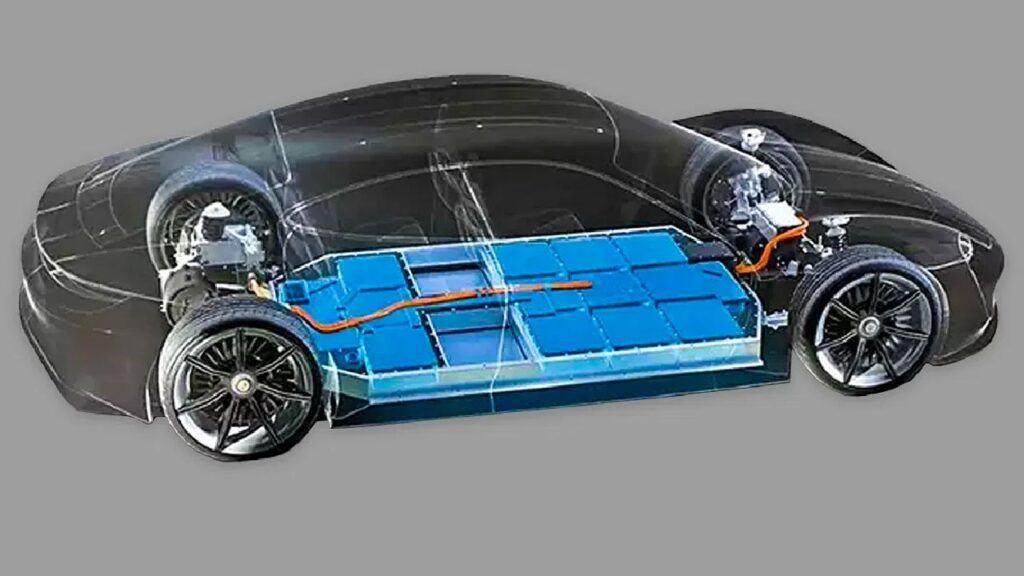Toyota to Launch Solid-State Battery by 2027 – Here’s The Problem
Toyota has seemingly been lagging behind in the EV race but that might finally be about to change. With its in-house solid-state battery launch by 2027-28, Toyota has finally come around to mainstream electrification. Industry experts and customers were intrigued by Toyota’s decision to keep investing its time and resources in hydrogen and other alternative energy sources to power its future automobiles. While the entire industry is making a gradual shift towards EVs, Toyota was busy exploring all other possible avenues to arrive at eco-friendly mobility solutions. This doesn’t mean that it was averse to EVs. In fact, it had announced comprehensive plans to launch 30 BEVs (including Lexus cars) by the end of the decade. But in comparison to the legacy automakers and new startups, it was definitely sluggish. That is why this announcement of developing in-house next-gen batteries in association with Idemitsu was welcome news. However, there is a rather peculiar issue with that as well. You might also like: Nissan Sets Out to Revolutionize Its Solid-State Battery Technology Toyota to Launch Solid-State Battery by 2027 As per the official press release from Toyota, its collaboration with the Japanese petroleum company Idemitsu to create next-gen EV batteries will unfold in three phases – Toyota Motor Corporation President and CEO, Koji Sato said, “Idemitsu Kosan and Toyota Motor Corporation have agreed to collaborate on the mass production of solid-state batteries. Specifically, our two companies will combine their separate efforts to mass-produce new materials and establish a supply chain for solid electrolytes, which hold the key to the commercialization of solid-state batteries. First, between 2027 and 2028, we will start to produce solid-state batteries for use in battery electric vehicles. We will then lay the foundation for mass production.” You might also like: Best Methods and Challenges of Recycling Electric Vehicle Batteries Toyota’s Battery Technology Roadmap Toyota also provided a step-by-step roadmap toward achieving the target of a 1,200 km-range (746 mi) EV battery in the coming years. This starts with launching the first of its next-gen batteries starting in 2026. They will offer a range in excess of 800 km (497 mi). It would be able to hit this number even with Lithium-ion chemistry. With the Li-Fe-PO chemistry, the company aims to produce EV batteries which could provide an impressive range of over 1,000 km (621 miles) on a single charge. For these batteries, the EV owners will be able to charge from 10% to 80% in just 20 mins. After 2027-28, the Lithium-ion batteries will finally feature solid-state electrolytes. They will be able to offer a range of over 1,200 km with a 10-minute charging time for 10-80% SoC. Problem with Solid-State Battery from Toyota While all this sounds appropriate and promising, the Japanese automaker mentions that there will be enough solid-state batteries for a few thousand EVs even in 2027-28. As a matter of fact, by 2030 when the company plans to go into the “mass production” phase, there will only be around 10,000 batteries. Interestingly, Toyota wants to sell around 3.5 million BEVs by 2030, as per its plans. Surely, 10,000 doesn’t sound like much. Not to mention, even this will happen if the Japanese carmaker promises to keep its word. You might also like: Potential and Challenges of Electric Vehicle Battery Swapping Learn Electric Cars Says Toyota might well be late to the party, but that is not the only concerning thing. Its plans are still not convincing enough to make it one of the top players in the world in the electrification age. Our readers might already know that Toyota has held the position of the largest carmaker in the world on multiple occasions. However, transitioning into the EV age might change that. Firstly, it had been reluctant to give up on hydrogen and alternate sources of fuel and technology. Now that it has finally announced huge plans for EVs in the coming decade, its technology and commitment toward EV batteries seems lacking in terms of the volume it aims to sell. It would be interesting to see if Toyota makes any changes to the timeline or the volume before its sold-state battery launch.


